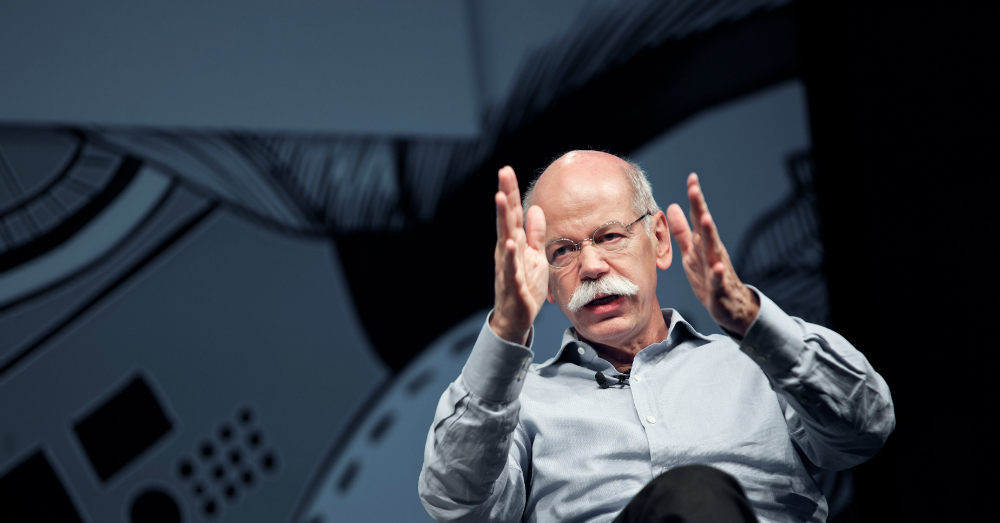As a company that hasn’t yet fully embraced an EV in its lineup, although there are some hybrid models, Mercedes-Benz has looked at the numbers and gives us information that both makes sense and seems pretty obvious. In a recent discussion with Dieter Zetsche, head of Daimler, the range for an EV to be considered for mainstream sales is to be in the 310 mile area.
This makes perfect sense since most of the gasoline-only engines we drive today make around that number regardless of the fuel tank size. In fact it seems the worse the fuel mileage is the larger the tank becomes to allow for this above 300 mile range of driving that can become even greater when most of the driving is done on the highway. Even if EV models were to offer this range from a single charge what happens when the charge runs out? With a gasoline-powered vehicle you simply stop at a station and fill up on the fuel you need and off you go, will this be the same for EV models and how is that infrastructure being developed?
While Zetsche did mention there is a “continuum” of steps that have to take place for EVs to actually be considered more mainstream, he also made reference to the fact that the cost if the battery packs is too high at this point. In his estimation the price needs to be somewhere in the neighborhood of $120 in order to be cost effective. Not every nation that sells EV models offers a tax credit and even the one we have in the US has a limit to it, which means these cars will need to be affordable in comparison to the gasoline cars we drive on the roads today.
While all this makes perfect sense as stated from an automotive expert like Zetsche the question I still have is the one of charging time. How long will it take to “fill up your tank” when you drive an EV? There are some models on the road today that can fill up in as little as thirty minutes to a majority percentage such as eighty percent, but how much longer would it take to have the vehicle be completely full? Another query is what to do during that time your vehicle is being filled with fuel; which means these fueling stations will need to offer many ways for you to pass the time.
Driving habits also raise a concern. While these habits do affect the performance of a gasoline engine they seem to play a much larger role in the overall fuel mileage enjoyed in an EV. This can be a major concern for those who end up in stop and go traffic on a daily basis who might otherwise have gotten much better fuel mileage from a gasoline engine.
We know there is still a long way to go before EV model take over where gasoline engines have been for decades, especially at a time when time seems to be important. The advances being made do show us that the range spoken of by Zetsche is certainly a possibility, but there are many other variables that need to be covered before we will accept these cars as the right choice for us and make the roads much quieter with no more engine notes to listen to.
This post may contain affiliate links. Meaning a commission is given should you decide to make a purchase through these links, at no cost to you. All products shown are researched and tested to give an accurate review for you.

